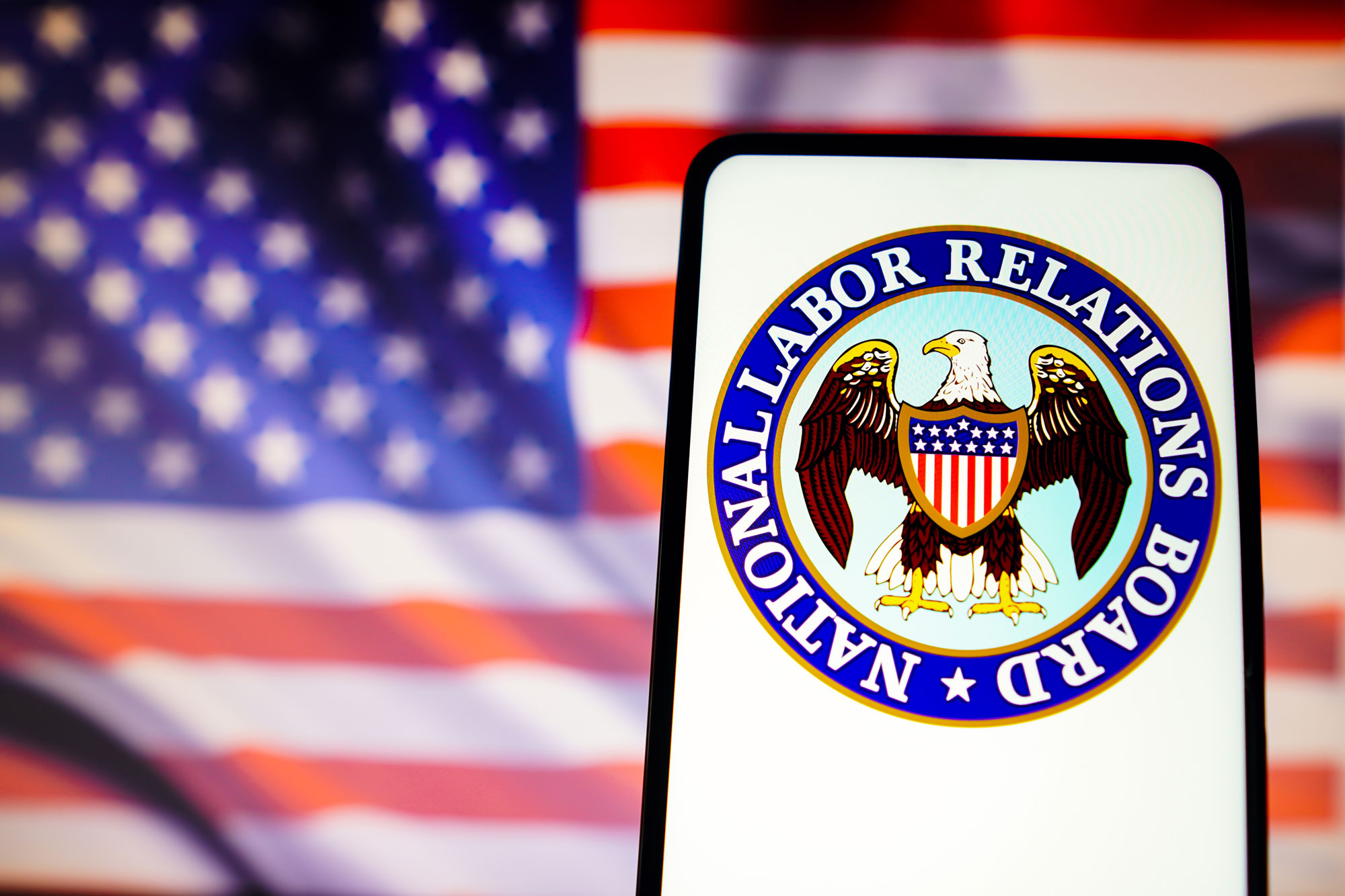
NLRB General Counsel targets noncompetes with rank-and-file employees
In the latest effort by the federal government to curtail the use of noncompetes—which are traditionally governed by state law—National Labor Relations Board (NLRB) General Counsel (GC) Jennifer Abruzzo issued a memorandum on May 30 claiming noncompete provisions in employment and severance agreements violate the National Labor Relations Act (NLRA) when they interfere with an employee’s exercise of rights under Sections 7 and 8(a)(1) of the Act.
The memo also says a broad noncompete provision could “chill” an employee from engaging in activities protected by the Act. This development comes on the heels of the Federal Trade Commission’s (FTC) January 5 proposed rule that would in large part ban noncompete agreements.
Background
One purpose of the NLRA is to protect employees who seek better working conditions without fear of retaliation.
Section 7 of the Act protects an employee’s “right to self-organization, to form, join, or assist labor organizations, to bargain collectively through representatives of their own choosing, and to engage in other concerted activities for the purpose of collective bargaining or other mutual aid or protection.” Section 8(a)(1) prohibits an employer from “interfer[ing] with, restrain[ing], or coerc[ing] employees in the exercise of the rights guaranteed in Section 7.”
Noncompetes in conflict with NLRA
The GC claims broad noncompetes frustrate the NLRA’s purpose by denying employees access to employment opportunities out of fear of retaliatory legal action for breaching the noncompete. The memorandum argues that overbroad noncompete provisions could reasonably be construed to interfere with an employee’s ability to quit or change jobs.
Moreover, a broad noncompete purportedly makes it difficult for an employee to improve working conditions by threatening to resign or carrying out concerted threats to resign. In addition, broad noncompetes arguably make it difficult for employees to seek employment with and to reunite at a competitor’s workplace to organize and act together to improve working conditions.
The memorandum clarifies the NLRB’s enforcement position that a noncompete that prevents competition and “chills” an employee from protected activities under Section 7 violates the Act. The GC concedes, however, that under certain special circumstances, a narrowly tailored noncompete may lawfully infringe on employee rights but preventing an employee from competing with the employer “is not a legitimate business interest that could support a special circumstances defense.”
According to the memorandum, there are other incentives an employer can use to protect its legitimate business interests, such as a confidentiality agreement or a longevity bonus that protects the investment the employer makes in training the employee.
Note that this enforcement position is limited to noncompetes entered with an employer’s statutory employees, and not to noncompetes with supervisors, managers, executives, confidential employees, or independent contractors.
Bottom line
Given the NLRB’s current enforcement position, it’s essential to review the noncompete provisions in employment and severance agreements you use for statutory employees and ensure they are narrowly tailored to address your legitimate business interests while also protecting employee rights under the NLRA.
You should expect that employees looking to defeat or challenge their noncompete agreements will file unfair labor practice charges with the NLRB. You need to be more selective in whom you apply noncompetes to, and for what purposes. Creative and sophisticated employers will, with proper legal guidance, still be able to protect their confidential and proprietary information and goodwill. The process has just become more difficult, however.



